A fertility specialist addresses your age-related concerns
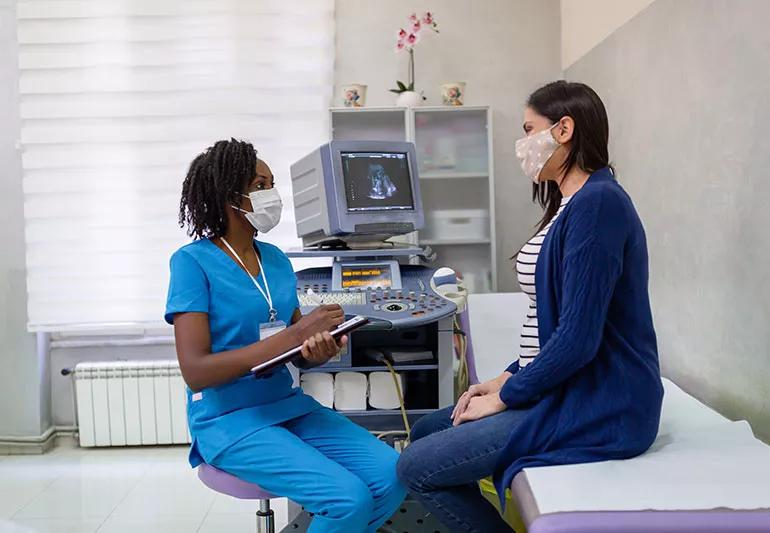
If you want to become a young parent, you might be worried about judgment from people who think you’re not ready. On the other hand, as you get older, you might be worried about how your age will impact your ability to conceive.
Advertisement
Cleveland Clinic is a non-profit academic medical center. Advertising on our site helps support our mission. We do not endorse non-Cleveland Clinic products or services. Policy
So, is there really an ideal age to become pregnant? Yes and no, says reproductive endocrinologist Stephen B. Mooney, MD. He talks about the age-related factors that may impact your ability to conceive.
OK, so … when is the best time to get pregnant? Unfortunately, there’s no straightforward answer to this question. Biologically, people assigned female at birth (AFAB) are most fertile when they’re teenagers. Societally, though, that’s not necessarily the ideal time to get pregnant.
“Age does impact fertility, so within reason, the sooner, the better,” Dr. Mooney says. “As your age increases, your fertility declines, and it may not be as easy to become pregnant.”
You were born with all of the eggs you’ll have during your entire reproductive lifetime — and the quality of those eggs declines over time. If you start trying for pregnancy at the age of 35 or 40, you’re working with eggs that have been housed in the ovaries for decades.
“Biologically, we can’t expect those eggs to be quite as high-quality as they were years ago,” Dr. Mooney explains. Though the same is true for sperm count, people with male reproductive organs don’t typically experience diminished quality until later in life — in their mid-40s or 50s.
Advertisement
The term that’s often thrown around for pregnancy in someone age 35 and up is “geriatric pregnancy,” which, frankly, doesn’t inspire a lot of positive feelings. But rest assured that just because you’re getting older (aren’t we all?!) doesn’t mean you won’t be able to get pregnant — or even that you’ll have a hard time conceiving.
“There’s nothing magic about the exact age of 35,” Dr. Mooney says, “but your pregnancy risks do increase as you age. For many people, it becomes more difficult to achieve pregnancy, and miscarriage rates go up, as well.”
It’s not impossible or even unusual to get pregnant beyond age 35. In theory, you may be able to get pregnant right up until you reach menopause, which marks the end of your reproductive years.
The U.S. Centers for Disease Control (CDC) reports that U.S. mothers are waiting longer to have their first child, with the birth rate for people AFAB in their late 30s and older rising dramatically in the last 20 years. The average age of first-time mothers in America is now 26, while for fathers, it’s 31.
“One important implication of waiting to have children is the health risks that both new mothers and their infants may face when a first-time birth parent is 35 or older,” Dr. Mooney says.
Possible health risks to the mother include:
Risks to the baby may include:
Yes, your age may impact your fertility. But regardless of age, your overall health plays a huge role in the likelihood of your getting pregnant.
Despite the risks, if you’re practicing healthy habits, such as watching your weight, not smoking, eating right and exercising, you may very well be able to have children in your late 30s or early 40s.
“It’s really your health that is going to determine the outcome of the pregnancy,” Dr. Mooney says. “If you’re considering getting pregnant, see your doctor for a one-on-one discussion about your personal risk factors, your health status and any specific concerns you have about getting pregnant.”
If you have a known medical condition that may affect your ability to get pregnant or impact your pregnancy, don’t wait to talk to your doctor about it. Those conversations can and should happen as soon as you’re even considering trying to conceive.
“The sooner a dialogue starts to take place with your physician or healthcare provider, the better we are able to anticipate and manage the issues that come along with your condition,” Dr. Mooney advises.
Advertisement
Such conditions include but aren’t limited to:
If you have any concerns about your ability to get pregnant now or in the future, make an appointment to speak with your doctor. It can’t hurt to have the conversation early.
They can address your concerns and decide whether any testing is appropriate, including testing to determine your hormone levels, thyroid function and more. They can also advise you about next steps on topics like freezing your eggs so you can try to get pregnant down the road.
“There are resources for help. There are physicians and nurses to talk to. And we’re here and ready to help,” Dr. Mooney says.
Advertisement
Learn more about our editorial process.
Advertisement
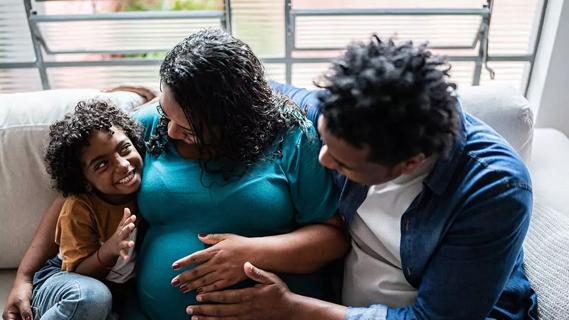
Talk with them about their new sibling early and often
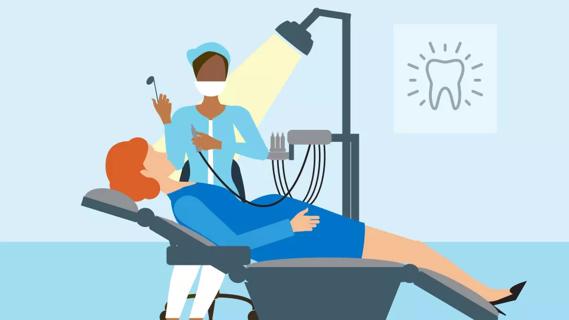
Dental care is not only safe during pregnancy, but it’s also highly recommended
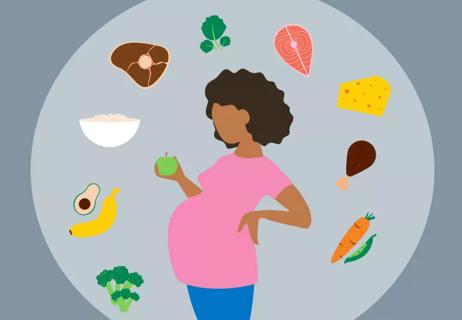
A healthy pregnancy diet includes good amounts of folic acid, DHA, calcium and more
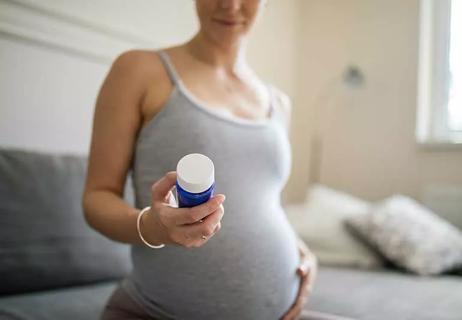
Always talk with your doctor for advice, too

Healthcare providers recommend waiting until week 13 to dye your hair, just to be safe
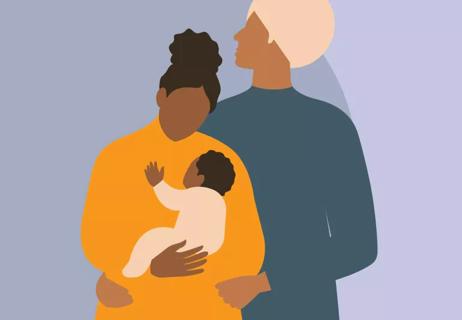
There’s only one proven way to stack the deck in favor of a boy or a girl
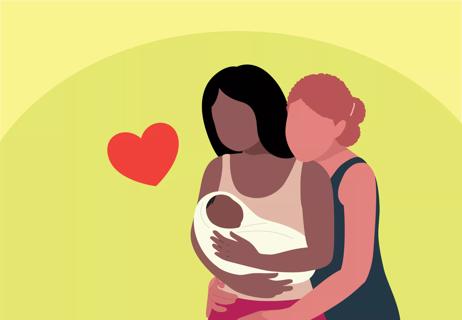
Having a baby after a loss can bring unexpected emotions

Your second-trimester is usually the best time to travel

Type 2 diabetes isn’t inevitable with these dietary changes

Applying a hot or cold compress can help with pain